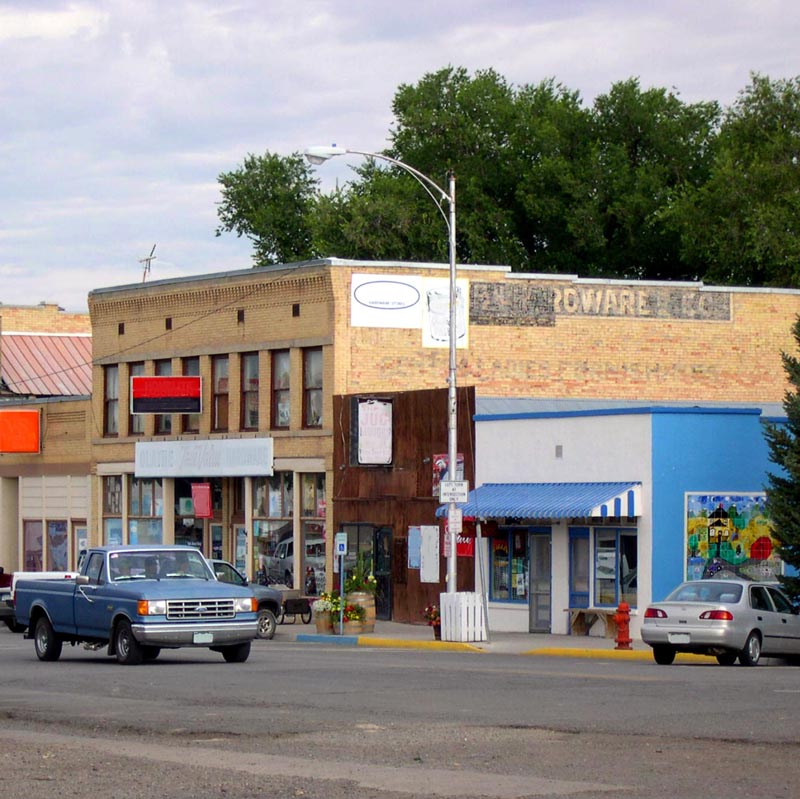 Recently I met with community health leaders in three Missouri communities – Kirksville, Unionville, and Hannibal. In wide-ranging discussions on the state of health in rural Missouri, we covered topics like the high costs of health care and the sometimes impossibly complex bureaucratic system. We spoke about the many challenges in transportation, access to food, mental health and substance abuse treatment, as well as basic public health functions like immunizations. There were various participants, including physicians and nurses, school superintendents, university officials, local public health officers, and business leaders, to name only a few. I came away from these discussions struck by the deep disconnect between the practical realities of rural health care compared to the issues being debated in Washington, D.C. That is unfortunate, not only for rural communities themselves, but for what these communities could teach the country about how to improve health.
Recently I met with community health leaders in three Missouri communities – Kirksville, Unionville, and Hannibal. In wide-ranging discussions on the state of health in rural Missouri, we covered topics like the high costs of health care and the sometimes impossibly complex bureaucratic system. We spoke about the many challenges in transportation, access to food, mental health and substance abuse treatment, as well as basic public health functions like immunizations. There were various participants, including physicians and nurses, school superintendents, university officials, local public health officers, and business leaders, to name only a few. I came away from these discussions struck by the deep disconnect between the practical realities of rural health care compared to the issues being debated in Washington, D.C. That is unfortunate, not only for rural communities themselves, but for what these communities could teach the country about how to improve health.
Noteworthy in each conversation was that everyone around the table knew each other. While this may seem unimportant, it reflects the reality that people in rural communities routinely work together to solve problems on a variety of health issues. They assist each other in helping the people they are serving as a matter of course; collaboration, often elusive in more urban areas, is second nature in these communities. And while retaining population is a long-term problem, families in these communities put down roots for the long term, often over generations. This sets the stage for collective problem solving. Rural communities typically find it easier to sit down and work through problems, knowing everyone will be influenced by the decisions. This skill is absent from the national debate. Missing at the national level is the understanding that we are in this undertaking of health reform together, and we share long-term common interest in improvements.
Rural communities handle the problems they face forthrightly and resourcefully. They come to grips with the inconsistencies they see in governmental rules and regulations and find ways to take care of neighbors as best they can. They utilize deep knowledge of how to tap into community resources – often others in the community who can fill in when needed. This social capital can be seen in the ways rural communities rally around their schools as places not only for education, but for community activities and a variety of health-related projects such as a community center for physical activity, ensuring food distribution to families, and helping with translations for non-English-speaking community members.
Despite many commonalities, each rural community undertakes essential health work by taking advantage of their unique situation. In Kirksville, for example, Truman State University and A.T. Still University are deeply involved in community work. Truman State, a highly ranked public liberal arts college, is distinctive among such universities in students’ extensive involvement in curricular and extra-curricular community activities. A.T. Still University’s dental school is focused on educating dentists for practice in rural and underserved areas.
Our national leaders could take a lesson from these institutions and their work with rural communities. Those in Washington, D.C., need to be better connected to the challenges facing rural communities struggling with a variety of serious health problems. Our current systems of care leaves rural areas at a disadvantage, and the American Health Care Act (the proposal to “repeal and replace” the Affordable Care Act) only heightens those disparities. At the same time changes in immigration practices and policies threatens the rural physician workforce of the future, putting rural health under even greater stress in the long term. A basic commitment to equitable health in America dictates that rural communities deserve better. We have to hold our leaders accountable and fight to give everyone a voice at the table. In this respect, our national leaders have a lot to learn from collaboration in Small Town, USA.



